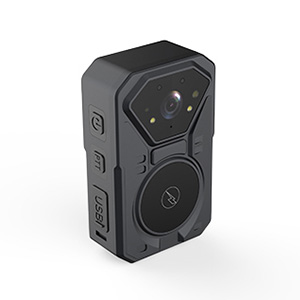
本身
html
Police Body Cameras: Enhancing Transparency and Accountability in Law Enforcement
In recent years, the use of police body cameras has become a significant topic in discussions about law enforcement reform. These small, wearable devices are designed to record interactions between police officers and the public, providing an objective account of events. Advocates argue that body cameras enhance transparency, accountability, and trust between law enforcement agencies and the communities they serve.
Keyword: police body cameras
The Benefits of Police Body Cameras
One of the primary advantages of police body cameras is their ability to provide an unbiased record of incidents. Unlike eyewitness accounts, which can be unreliable due to human error or bias, video footage offers a clear and factual representation of events. This can be invaluable in resolving disputes, investigating complaints, and ensuring that both officers and civilians are held accountable for their actions.
Additionally, studies have shown that the presence of body cameras can lead to a reduction in the use of force by police officers. Knowing that their actions are being recorded often encourages officers to adhere more closely to protocols and de-escalation techniques. Similarly, civilians may also behave more responsibly when they are aware they are being filmed.
Challenges and Concerns
Despite their benefits, police body cameras are not without challenges. Privacy concerns are a major issue, as the cameras record sensitive interactions, sometimes in private settings. Striking a balance between transparency and the right to privacy is a complex task that requires clear policies and guidelines.
Another challenge is the cost associated with implementing and maintaining body camera programs. This includes not only the purchase of the devices but also the storage and management of vast amounts of video data. Many law enforcement agencies struggle with the financial burden of these systems, particularly smaller departments with limited budgets.
The Future of Police Body Cameras
As technology continues to evolve, so too will the capabilities of police body cameras. Advances in artificial intelligence and cloud storage may address some of the current limitations, such as data management and real-time analysis. However, it is crucial that these technological advancements are accompanied by robust policies to ensure ethical use and protect civil liberties.
Ultimately, police body cameras are a powerful tool for promoting accountability and trust in law enforcement. While they are not a panacea for all issues in policing, their thoughtful implementation can contribute to a more just and transparent system.